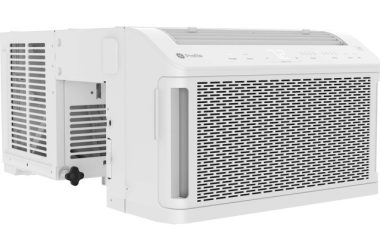Ford has started remanufacturing old engine blocks using their new Plasma Transferred Wire Arc thermal spray process. Unlike traditional recycling and remanufacturing techniques, they don’t melt them and make new ones. The process entails spraying a coating onto the old blocks, which Ford says can reduce CO2 emissions by 50%. This makes sense, considering the fact that recycling requires a significant amount of heat to melt down the old parts.

Camera: Samsung WB30F.
Juergen Wesemann, the manager of Vehicle Technologies and Materials, Ford Research and Advanced Engineering, said:
‘We have taken a process that was originally developed to enhance performance models such as the all-new Ford Mustang Shelby GT 350R and used it to remanufacture engines that might otherwise be scrapped.’
Ford has also been remanufacturing used parts turned in under the Dealer Core Recovery Program.
If you’d like to help reduce your impact on the environment, purchasing used and refurbished items is a great way to do that and save money, as manufacturing parts from scratch can be energy intensive.
Manufacturing requires raw materials (many of which are finite and unsustainable) and energy, which is primarily obtained from fossil-fueled power plants that emit carbon dioxide (a greenhouse gas), carbon monoxide (a poisonous gas), soot (this causes lung cancer), among other harmful substances.
How do you feel about the new Plasma Transferred Wire Arc idea? Sound off in the comment section!







